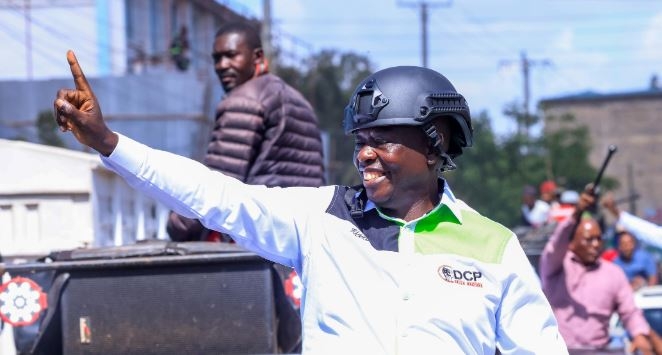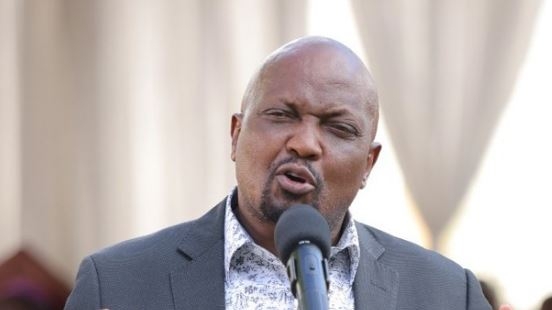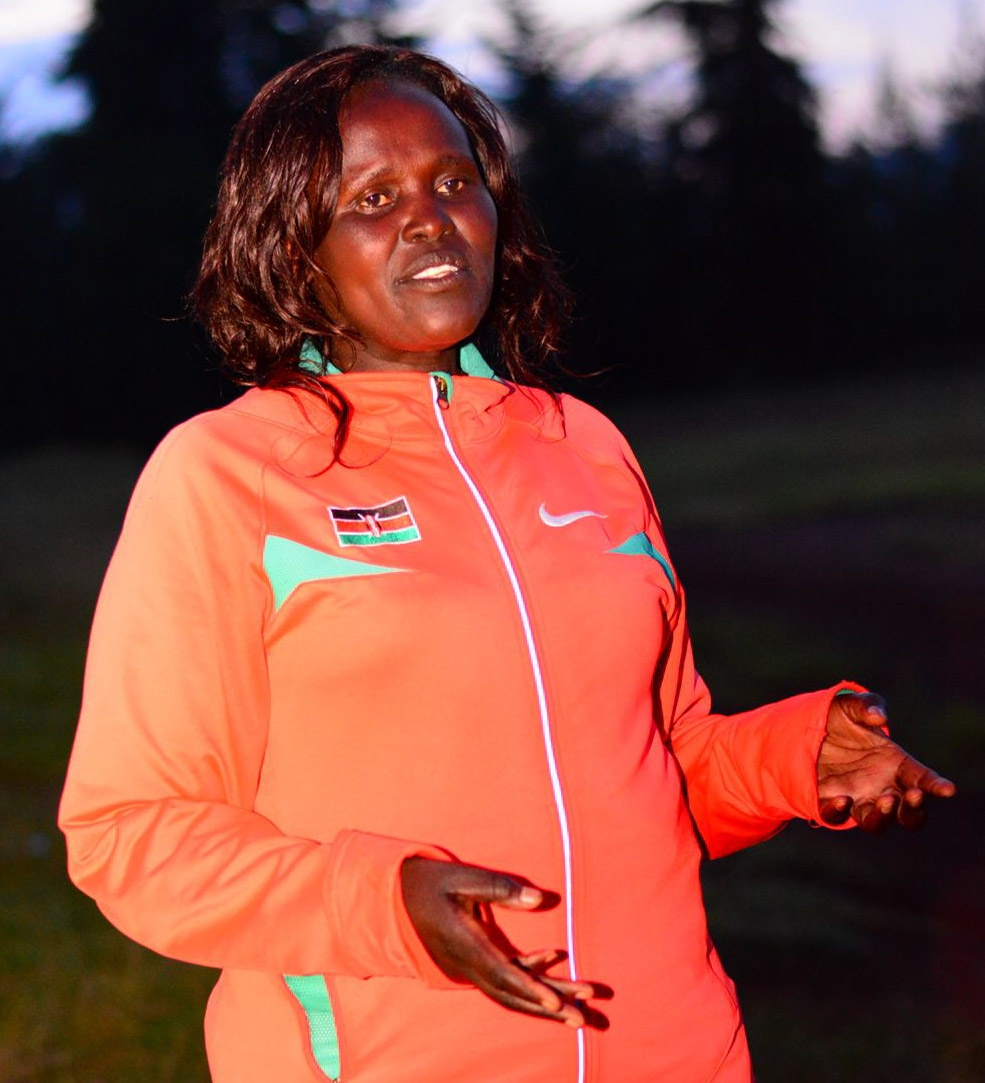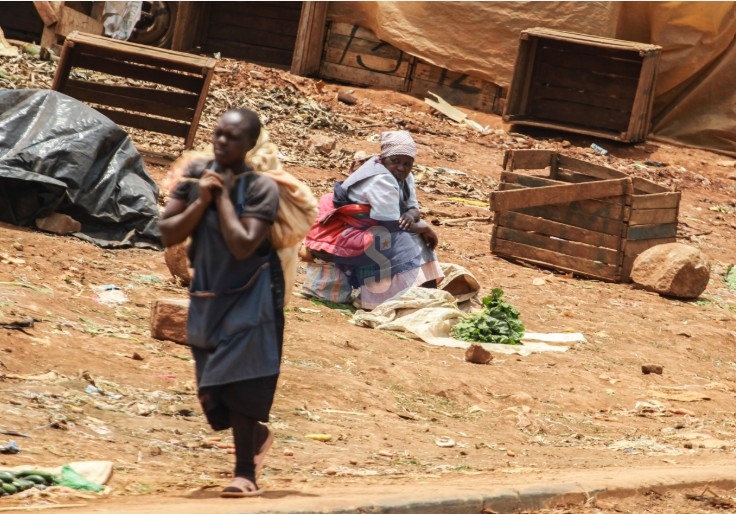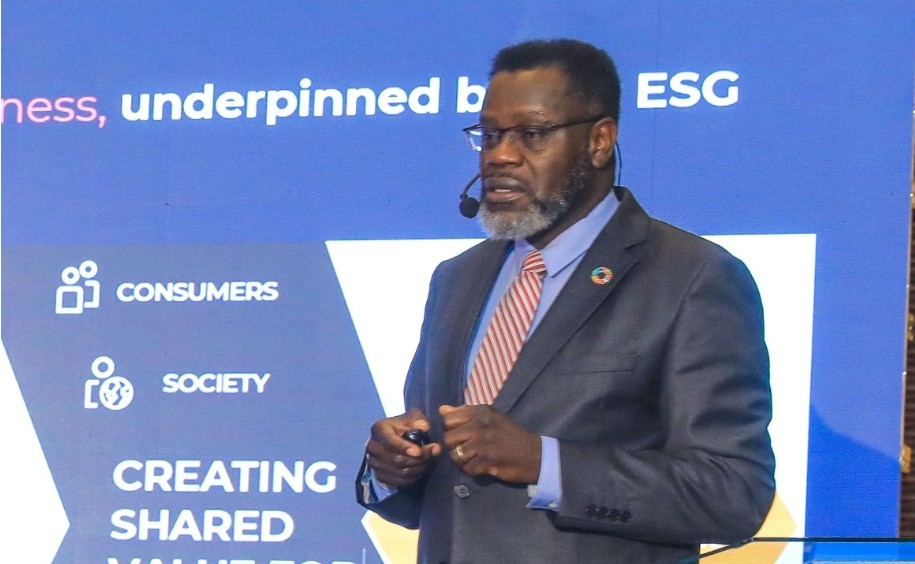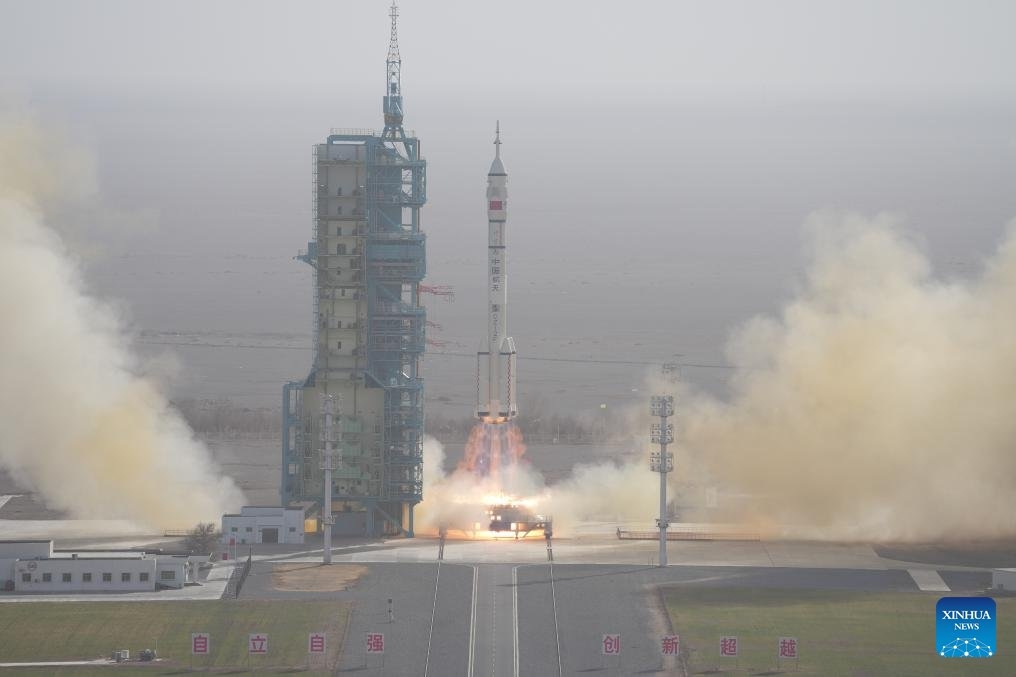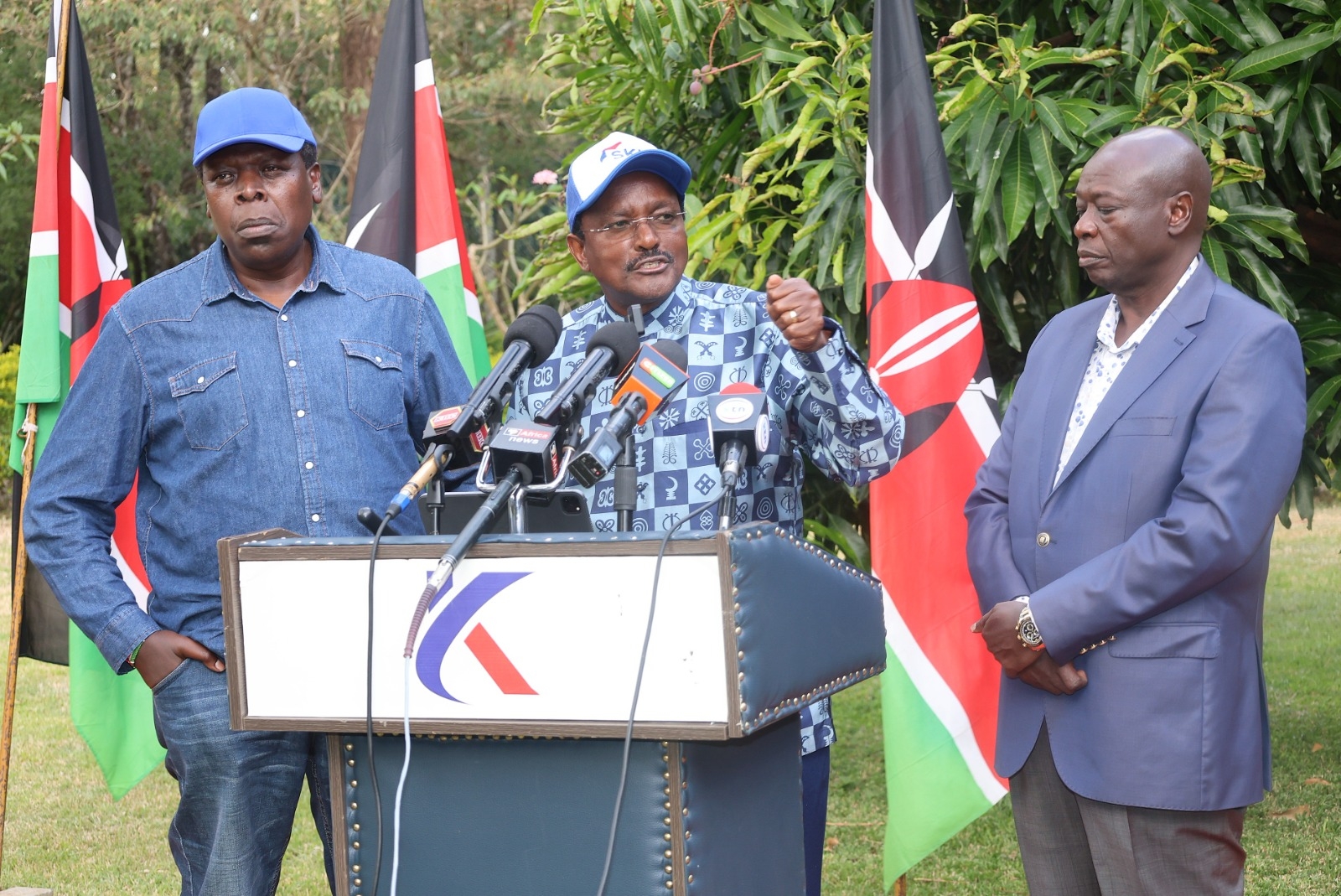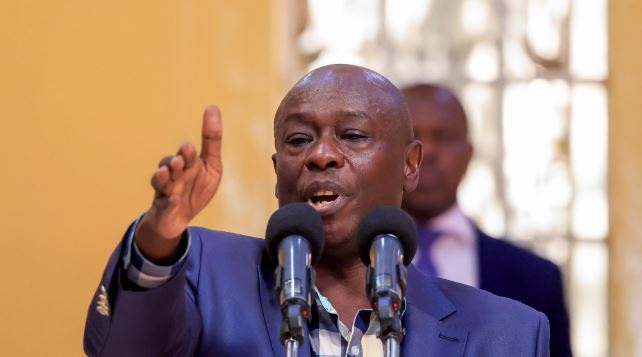The Africa Group of Negotiators has come up with key priorities ahead of another round of climate talks scheduled for November.
The group, led by Kenya’s Special Envoy on Climate Change Ali Mohamed, will push for the adoption of the New Collective Quantified Goal on Climate Finance.
“Africa is calling for the adoption of a new goal of finance with a quantum of $1.3 trillion (Sh67.4 trillion) with a clear share of public grants,” she said.
On Tuesday, Kenya’s Permanent Representative to the UN Gertrude Angote said Africa is the least responsible yet the continent continues to bear some of the most severe weather events.
“The intersection of climate change, peace and security is increasingly being recognised at the global level yet it remains underrepresented in formal negation process. This gap needs to be addressed to ensure that they receive the attention it deserves,” Angote said.
Parties to the United Nations Framework Convention on Climate Change are set to convene for the climate change negotiations, formally known as COP 29, from November 11 to 22, in Baku, Azerbaijan.
Angote read the priorities on behalf of Ali during a three-day consultative meeting by African Union member states at Windsor Hotel.
The NCQG is a new global climate finance goal that the Conference of the Parties will set from a floor of $100 billion per year, before 2025.
The new goal is in the context of meaningful mitigation actions and transparency on implementation, taking into account the needs and priorities of developing countries.
Deliberations on setting the new goal aim to strengthen the global response to the threat of climate change in the context of sustainable development and efforts to eradicate poverty.
This includes by making finance flows consistent with a pathway towards low greenhouse gas emissions and climate-resilient development.
Angote said climate change poses a significant threat to social-economic development, exacerbating the existing vulnerabilities and triggering insecurity challenges across the continent.
“The increased frequency and intensity of extreme weather events have led to resource conflicts, displacement heightened tension among communities. This in turn has strained social cohesion in the governance system.”
Climate change has undermined peace and stability and the continent will be calling for the operationalisation of the global goals on adaptation.
Africa will also demand the full operationalisation of loss and damage fund with sufficient resources to respond to the impacts of climate change.
Angote added that there is a need for enhanced mitigation ambition; a move that developed countries must take the lead.
Special Representative of the Secretary-General and Head of the UN Office to the African Union, Parfait Anyanga, decried the current state of imbalance.
Studies suggest that a third of current oil reserves, half of the natural gas reserves and nearly 90 per cent of remaining coal reserves must remain in the ground to achieve the 1.5°C global warming target under the Paris Agreement.
“Applying this to Africa would leave a potential 6.7 trillion dollars of fossil fuels locked on the continent,” Anyanga said.
Anyanga said according to PriceWaterhouseCoopers International, it will cost Africa around 2.8 trillion dollars to reach a net-zero energy mix by 2050.
“In short, Africa is being asked to forgo 6.7 trillion dollars, in addition to paying 2.8 trillion dollars and brace for the shocks induced by climate change,” he said.
“At the same time, major emitters on our planet seem to continue their business-as-usual approach with far-reaching negative implications disproportionately affecting African countries. Forgive me for emphasising the injustice here.”





